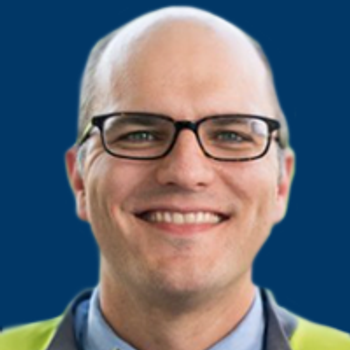
Momelotinib elicited durable symptom, transfusion independence, and splenic responses through 48 weeks of treatment in patients with myelofibrosis who have anemia and previously received a JAK inhibitor.

Your AI-Trained Oncology Knowledge Connection!


Momelotinib elicited durable symptom, transfusion independence, and splenic responses through 48 weeks of treatment in patients with myelofibrosis who have anemia and previously received a JAK inhibitor.
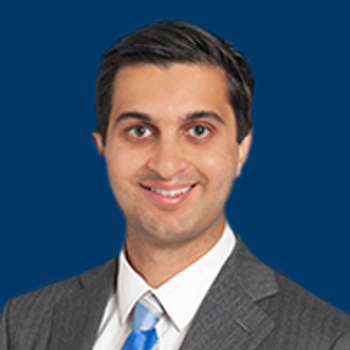
Suneel Kamath, MD, discusses the current challenges of treating patients with cholangiocarcinoma, the need for more tolerable therapies in this population, and how the significant ORRs and impressive safety profile seen so far with RLY-4008 in the ReFocus trial are indicative of this agent’s efficacy and durability in FGFR2-rearranged cholangiocarcinoma.

Shilpa Gupta, MD, discusses the investigation of enfortumab vedotin with or without additional therapy in cisplatin-ineligible metastatic urothelial carcinoma.
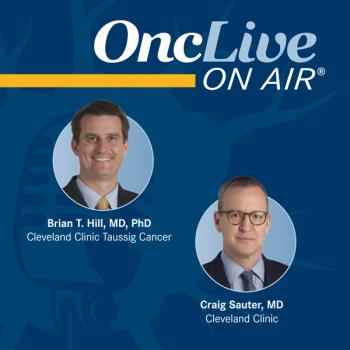
Drs Sauter and Hill discuss the use of CAR T-cell therapy in patients with lymphomas, the potential for allogeneic CAR T cells, and ways to expand access and address financial toxicity.

Shilpa Gupta, MD, discusses the unmet needs of patients with cisplatin-ineligible metastatic urothelial carcinoma.

When assessing monoclonal gammopathy it is important to rule out clinically significant associations requiring treatment.

Christopher Wee, MD discusses the current treatment landscape for nonmetastatic castration-resistant prostate cancer, and how the success of new diagnostic tools decreases the need for this classification.

Megan Kruse, MD, discusses the evolving treatment landscape in HR-positive, HER2-negative breast cancer, how the approval of fam-trastuzumab deruxtecan-nxki has affected sequencing choices in HER2-positive disease, and the importance of addressing racial disparities in breast cancer care.
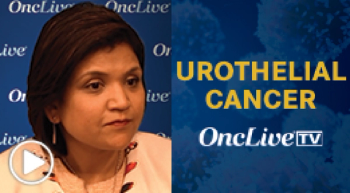
Shilpa Gupta, MD, discusses the addition of cabozantinib to avelumab in locally advanced or metastatic urothelial cancer.

Shilpa Gupta, MD, discussed potential therapies for patients with cisplatin-ineligible metastatic urothelial carcinoma, the benefits of sacituzumab govitecan and erdafitinib in later-line urothelial carcinoma, and treatment options for nonmetastatic castration-resistant prostate cancer.
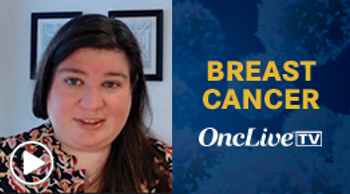
Megan Kruse, MD, discusses the real-world effects of the phase 2 MAINTAIN trial on treatment in advanced hormone receptor–positive, HER2-negative breast cancer.
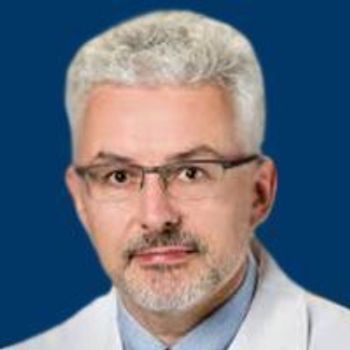
Patients with polycythemia vera, a myeloproliferative neoplasm associated with JAK2 mutations and overproduction of red blood cells, often require regular therapeutic phlebotomies to avoid thrombosis.
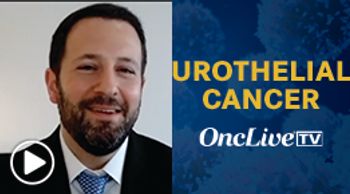
Moshe Ornstein, MD, MA, discusses the use of the antibody-drug conjugate enfortumab vedotin in patients with advanced urothelial carcinoma that is refractory to chemotherapy and immunotherapy.
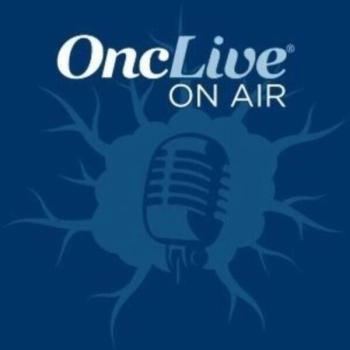
Dr Shepard discusses the unpredictable course of desmoid tumors, the use of TKIs for these tumors, and findings from 2 trials presented at the 2022 ESMO Congress that may represent new treatment options for patients with desmoid tumors.
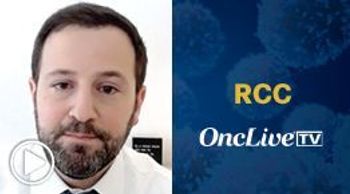
Moshe Ornstein, MD, MA, discusses toxicity concerns when treating renal cell carcinoma.

Alok A. Khorana, MD, discusses on-the-rise pancreatic and biliary cancer rates in younger patients, plus the rationale of potential future research into the role of the gut microbiome in these patients.
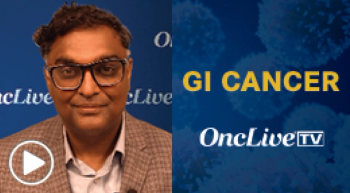
Alok Khorana, MD, discusses increasing rates of young-onset pancreatobiliary adenocarcinoma.
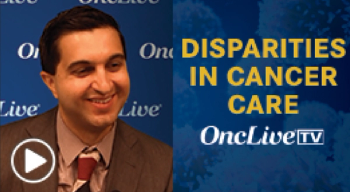
Suneel Kamath, MD, discusses the importance of including underrepresented patient populations in clinical trials.

Suneel Kamath, MD, discusses the findings from research he conducted evaluating the effect of financial and racial disparities on cancer incidence and mortality.
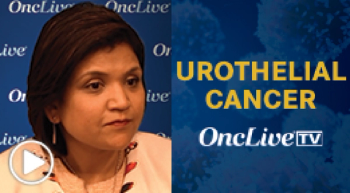
Shilpa Gupta, MD, discusses the methodologies utilized in the PARADIGM study in locally advanced or metastatic urothelial cancer.

Shilpa Gupta, MD, discusses the design of the PARADIGM study in locally advanced or metastatic urothelial cancer.
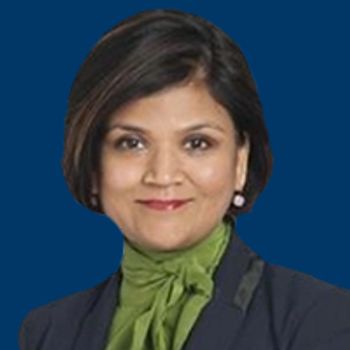
The addition of cabozantinib to avelumab is under exploration as a maintenance approach in patients with metastatic urothelial cancer following first-line, platinum-based chemotherapy.
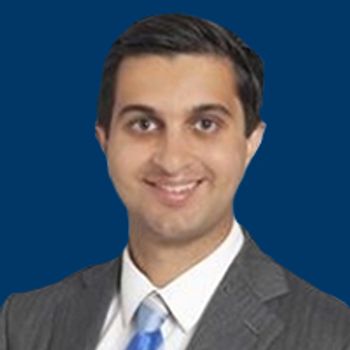
Despite a steady decline in incidence and mortality rates of many cancers among older individuals in the United States and other high-income countries, an alarming rise in young-onset gastrointestinal cancers has simultaneously occurred.
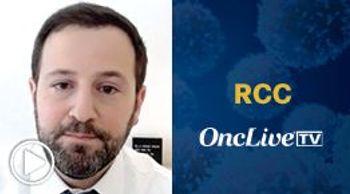
Moshe Ornstein, MD, MA, discusses unmet needs in metastatic renal cell carcinoma.

Moshe Ornstein, MD, MA, discusses the efficacy findings from a phase 2 trial examining neoadjuvant avelumab and axitinib in renal cell carcinoma.
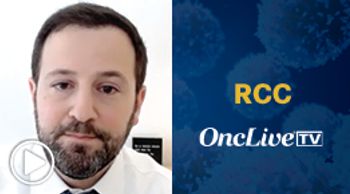
Moshe Ornstein, MD, MA, discusses the benefit of neoadjuvant therapy in renal cell carcinoma.
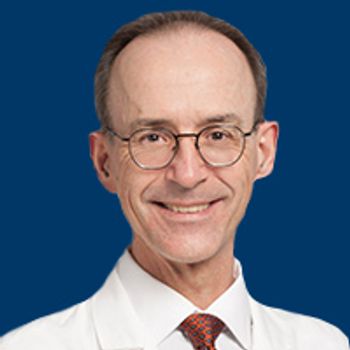
J. Joseph Melenhorst, Ph.D., has been appointed director of the new Cell Therapy and Immuno-Engineering Program, and Vice Chair of the Center for Immunotherapy and Precision Immuno-Oncology at Cleveland Clinic.

Moshe Ornstein, MD, MA, discusses trials exploring second-line immunotherapy in patients who have progressed on immunotherapy, plus key clinical trial data on kidney cancer and other pressing areas of need for research in renal cell carcinoma.
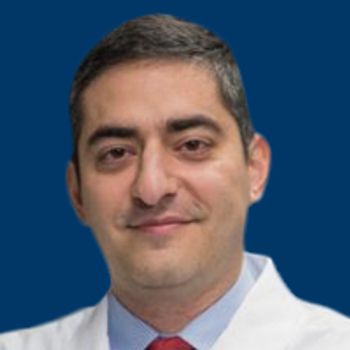
Nima Sharifi, MD, PLCO, discusses the results of the prostate cancer cohort in the PLCO trial and how PAGln could be linked to patients eventually diagnosed with lethal prostate cancer.
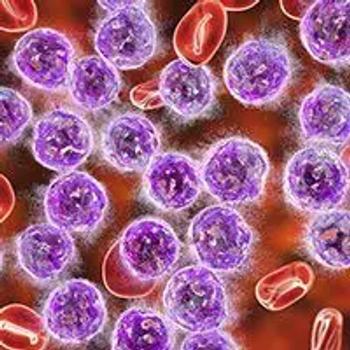
Light-chain amyloidosis is a rare plasma cell disorder that involves the production of a misfolded amyloidogenic light chain by a plasma cell clone that deposits in various organs leading to organ failure.